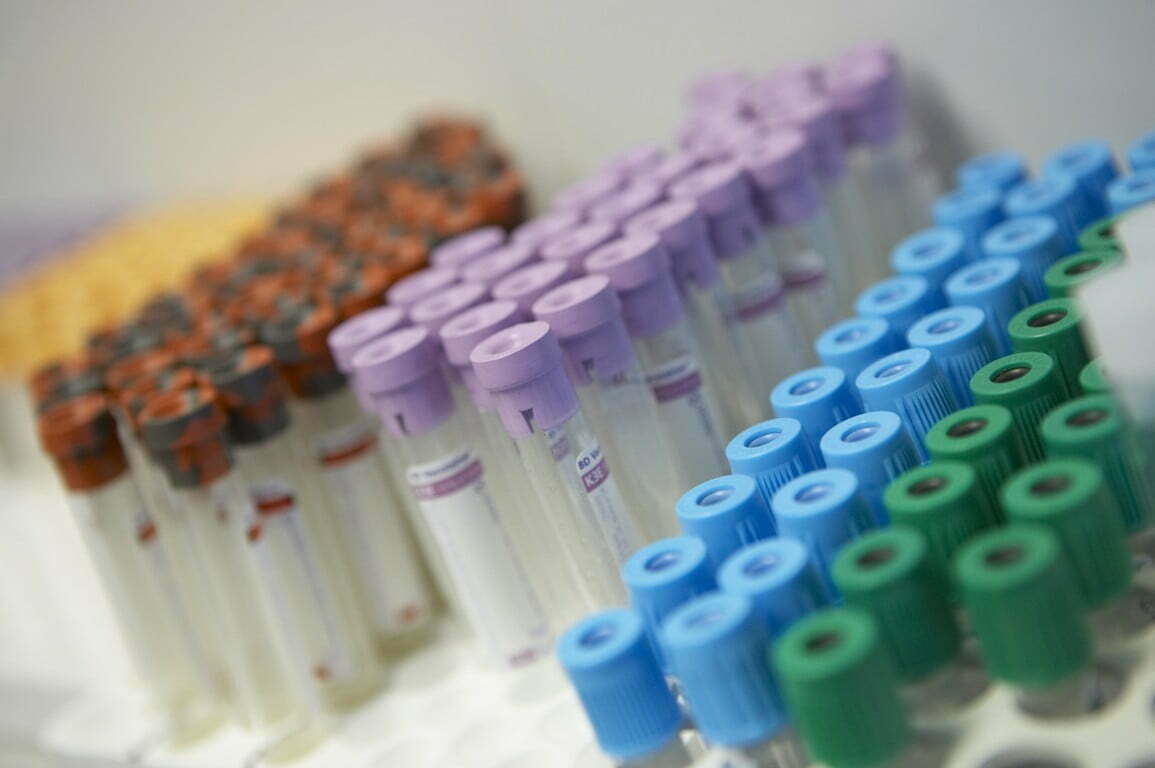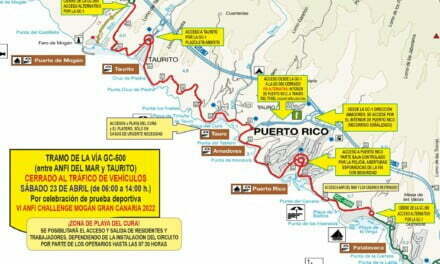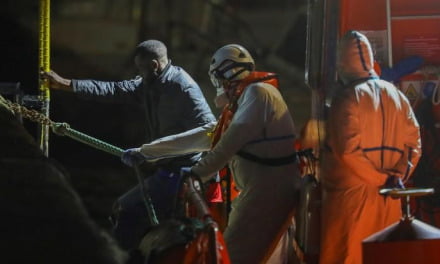
The result of the samples from the second reported case is still pending. This Monday, samples of five more people have been sent to the National Centre for Microbiology, of which three have been classified as probable, because they meet clinical and epidemiological criteria, and two as suspected because they meet only clinical criteria. None appear severely affected
The Ministry of Health of the Government of the Canary Islands, after receiving results on the first case in the Canary Islands reported to the Centre for the Coordination of Alerts and Emergencies of the Ministry of Health, last week, has confirmed the presence of monkeypox. The second case reported last Friday, on Tenerife, is still awaiting results of the sample that is being analysed in coordination with the National Centre for Microbiology.
The first two cases notified last week continue to develop favourably, monitored in isolation at home.
The protocol of the Ministry of Health classifies cases between probable and suspected depending on whether the patient presents only compatible symptoms (clinical criteria) or if they also meet epidemiological and laboratory criteria.
Probable cases: clinical and epidemiological criteria
The Canary Islands reported three other probable cases this Monday, all on Gran Canaria, corresponding to three young men whose symptoms are evolving favourably, following the process at home, except for one who has been admitted, based on another pathology.
According to the protocol, one meets clinical and epidemiological criteria established as a probable case, but is awaiting results of the analysis of the laboratory samples.
Suspected cases: clinical criteria
The General Directorate of Public Health and the SCS have also reported two possible cases having presented symptoms compatible only with clinical criteria, but not epidemiological or laboratory criteria, as stated in the protocol established by the Spanish Ministry of Health.
All these cases, whether confirmed, suspected or probable, have been reported to the Ministry of Health on Monday, as indicated by the protocols.
Monkeypox
Monkeypox infection is a rare disease that causes fever, headache, swollen glands and rashes on the hands and face, similar to that caused by Chickenpox. It is a well known pathogen, though very unusual, particularly outside of west and central Africa.
The virus has a low capacity for human-to-human transmission which would require close, intimate contact. The incubation period ranges from 5 to 13 days, although it can sometimes be as long as 21 days.
On May 15, the United Kingdom declared a health alert to the World Health Organisation, in accordance with international health regulations, after detecting the first four cases in Europe. This alert activated existing protocols in all health centres, including the Canary Islands Health Service, with the aim of early detection of possible cases.
131 cases so far confirmed and registered by WHO
The cases of monkeypox confirmed in recent days and weeks in non-endemic countries now rise to 131, with another 106 suspected, the World Health Organisation (WHO) reported this Tuesday, indicating that the countries which have reported the most infections are Spain (40, at least one in the Canary Islands), Portugal (37) and the United Kingdom (20).
Cases have been confirmed so far in 17 countries, mostly European, although infections have also been identified in Pakistan (2), Israel (1), Canada (5), the US (2) and Australia (2) , the WHO announced during a technical session of the current annual assembly of the organisation.
The disease has been endemic for at least 40 years in West and Central African countries, and although cases had previously been reported in other regions, usually always linked to people who had traveled to the African continent, this is the first time that we have observed any such widespread an outbreak.
With the vast majority of cases having been linked to gay and/or bisexual men, the first time that sexual contact has been seen as a vector, caution is being widely advised, particularly for those who may have had close contact at the recent Pride events organised in Maspalomas. Community organisations, business owners and the local town hall are working with the regional Ministry of Health and the Spanish authorities to establish if extra safety guidelines need to be published, for the benefit of anyone who may have come into contact with potential infections. The focus is to break any chain of transmission that may have been present during the mass event attended by upwards of 25,000 people.
There is not thought to be any wider danger to the general population. Simple caution is advised.













